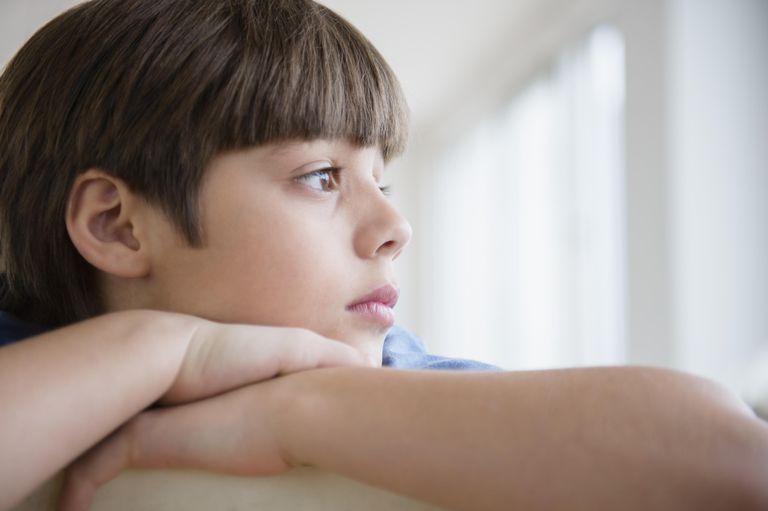Child abuse or neglect is when a parent or other caregiver does something that harms—or will likely harm—a child. This also includes times when a parent or other caregiver fails to do things that will keep a child safe and healthy
It’s often really hard—even for adults—to know if a child is being harmed. Sometimes we may see it happening with our own eyes, such as if we notice an adult hitting a child. But other times we may only see signs of what could be happening. These signs may mean a child is being hurt by an adult, but there could be other causes, too.
If you suspect or know that a child is being abused or neglected, there are ways you can help. If you or someone else is in immediate and serious danger, you should call 911. In other cases, you can find a trusted adult to talk with. You don’t need to be 100 percent sure that a child is being abused or neglected to talk with someone. You should share your worries, and the adult can help determine what to do next.
You also can encourage for the child to talk to a trusted adult. Many times, there is a trusted adult already in your life, such as a parent, teacher, school counselor, or coach you can approach. You can tell this trusted adult what your concerns are or what you’ve witnessed. Give a complete, honest description of what you know.
This may be a difficult conversation to have but remember the reason you’re having it: to keep someone (maybe you) safe. The adult can help figure out what can be done. Some children and youth may not have an adult that they trust enough to talk with about their concerns, or they may have told an adult who does not believe them. In this case, there are national and local hotlines they can call for help.
The Childhelp National Child Abuse Hotline has counselors available 24 hours every day to talk with children and adults about abuse and neglect. To reach a Childhelp counselor, call 1-800-4-A-CHILD (1-800-422-4453) and then press 1. For more information about Childhelp, you can visit https://www.childhelp.org/hotline/resources-kids/.






